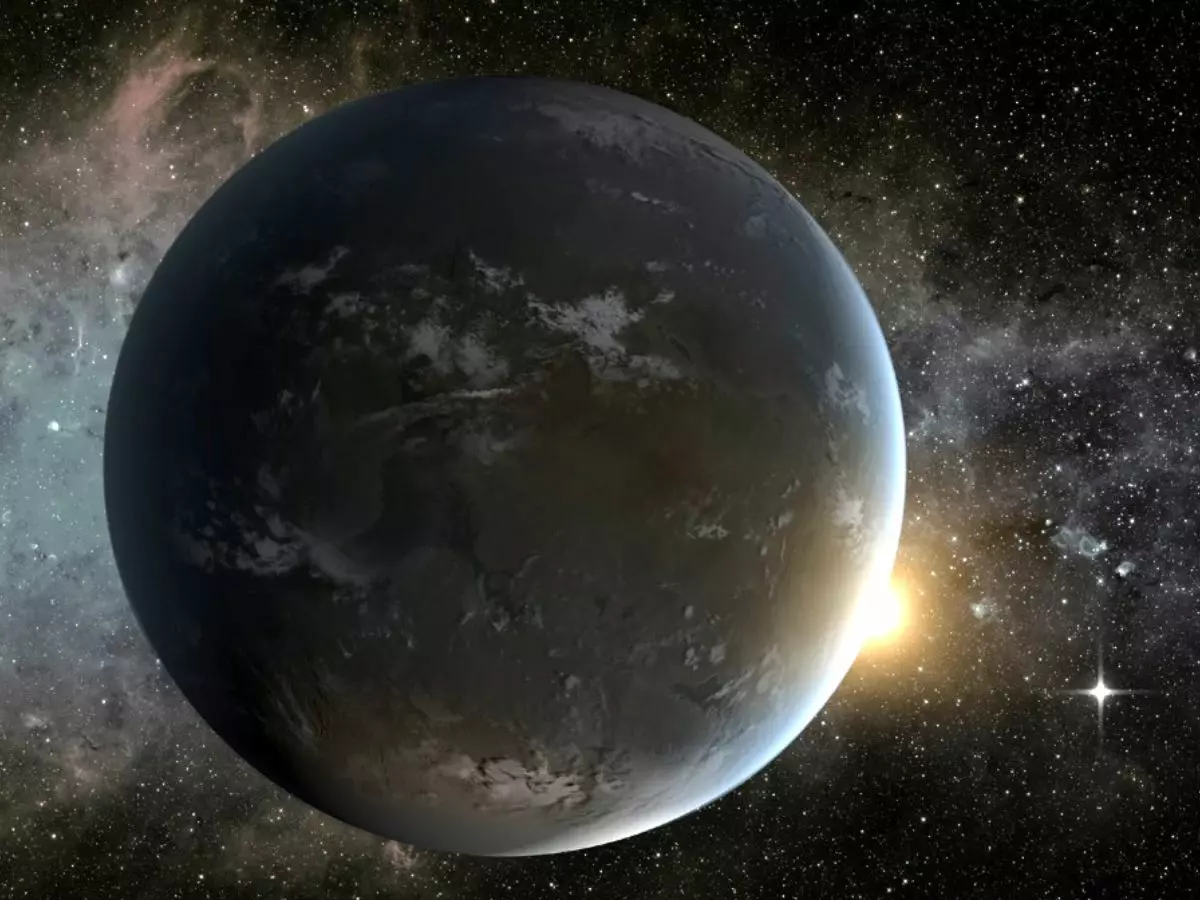Astronomers Find One In A Million Super-Earth At Centre Of Our Galaxy, But It's Very Far Away
The planet (or rather, exoplanet) is also referred to as Extra-Solar planet¡¯ which basically means a planet located outside our solar system. As per the release, the super-Earths year lasts about 617 days and travels around a slightly smaller sun than ours

Ever since humans have started to venture into space, they¡¯ve dreamt of spreading humanity on other planets, constantly on a quest to find worlds similar to ours.
We¡¯ve seen many planets in the past that look like the Earth, and now, scientists have found one in a million super-Earth that¡¯s truly extraordinary.
 Representative image: NASA
Representative image: NASA
This was discovered by astronomers at New Zealand¡¯s University of Canterbury. The institution stated in a release, "The new planet is among only a handful of extra-solar planets that have been detected with both sizes and orbits close to that of Earth."
The planet (or rather, exoplanet) is also referred to as Extra-Solar planet¡¯ which basically means a planet located outside our solar system. As per the release, the super-Earths year lasts about 617 days and travels around a slightly smaller sun than ours.
The planet is located near the Milky Way¡¯s central bunch of stars. To put things into perspective, Earth is around 25,000 light-years away from the centre of the galaxy. So basically, the planet is really far from us.
To find this ginormous doppelganger, astronomers used a gravitational microlensing technique. UC Astronomer Antonia Herrera Martin said in a statement, "The combined gravity of the planet and its host star caused the light from a more distant background star to be magnified in a particular way. We used telescopes distributed around the world to measure the light-bending effect."
 Representative image: NASA
Representative image: NASA
However, one thing to keep in mind is that despite what researchers are calling it, there is no guarantee that this planet will be as habitable and welcoming like our home. Chances are it could be composed all the way from water, or ice or even just gas.
Till then, it¡¯s best if we take care of the planet that we are currently living on right now, because, from the looks of it, we clearly don¡¯t have any other options to live, in case our Earth turns its back on us.
